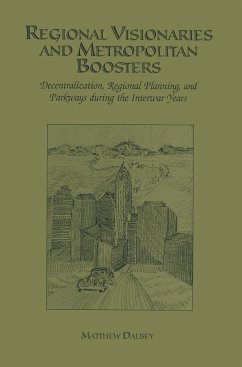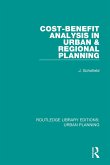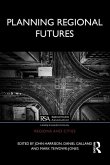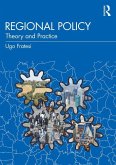The debate between Lewis Mumford and Thomas Adams over the Regional Plan of New York and Its Environs (RPNY) often stirs intellectual debate among planning professionals, academics, and students. Recent scholarship has been primarily concerned with the theoretical underpinnings of Mumford's `regionalists' and Adams' `metropolitanists'. Mumford, as well as Benton MacKaye and other members of the Regional Planning Association of America (RPAA), were heavily influenced by their vision of regional planning as a method for progressive social change. At the same time, Adams and the metropolitan planners associated with the RPNY saw regional planning as a tool by which to minimally tweak the underpinnings of the market and thereby provide for a minimum amount of congestion and economic hardship for the maximum number of citizens. The debate between these two traditions helps to inform on current planning issues, including sprawl, sustainable development, and the new urbanism. This book analyzes one of the only instances where the theoretical debate between the regionalists and the metropolitanists moved from intellectual polemic to planning practice. As our metropolitan areas continue to grow and consume land, regional planning must find a way to consider the uniqueness of regional economies and culture without succumbing to metropolitan sameness.
Bitte wählen Sie Ihr Anliegen aus.
Rechnungen
Retourenschein anfordern
Bestellstatus
Storno








